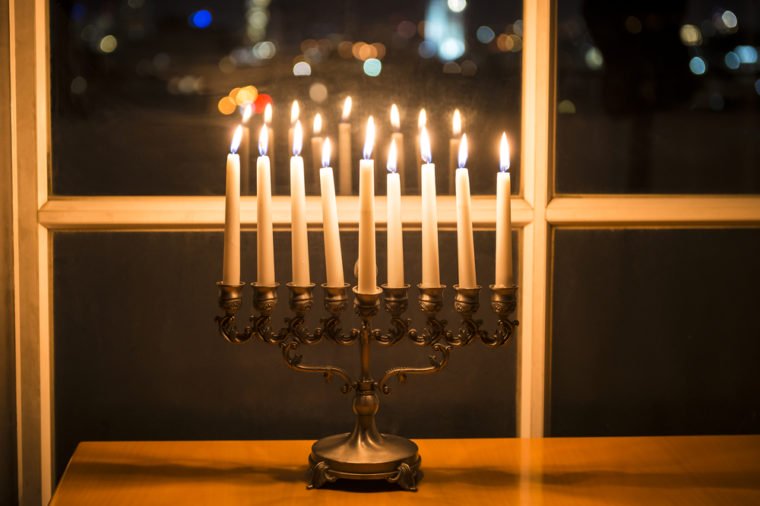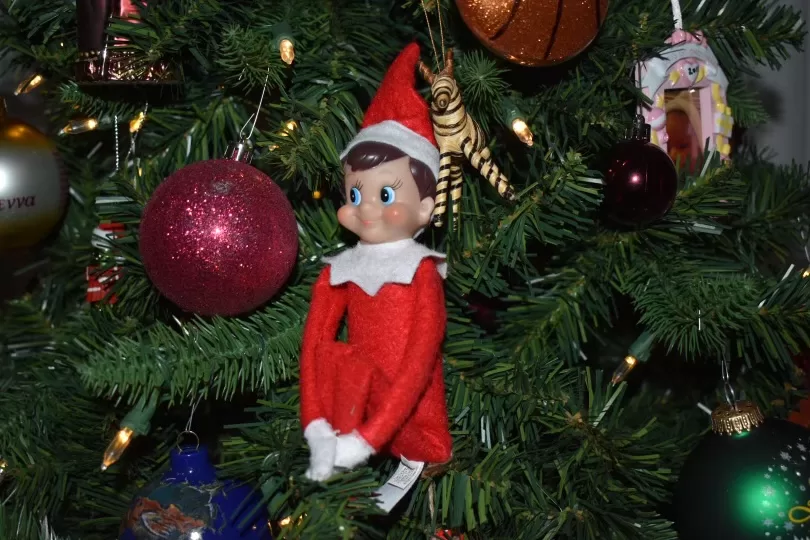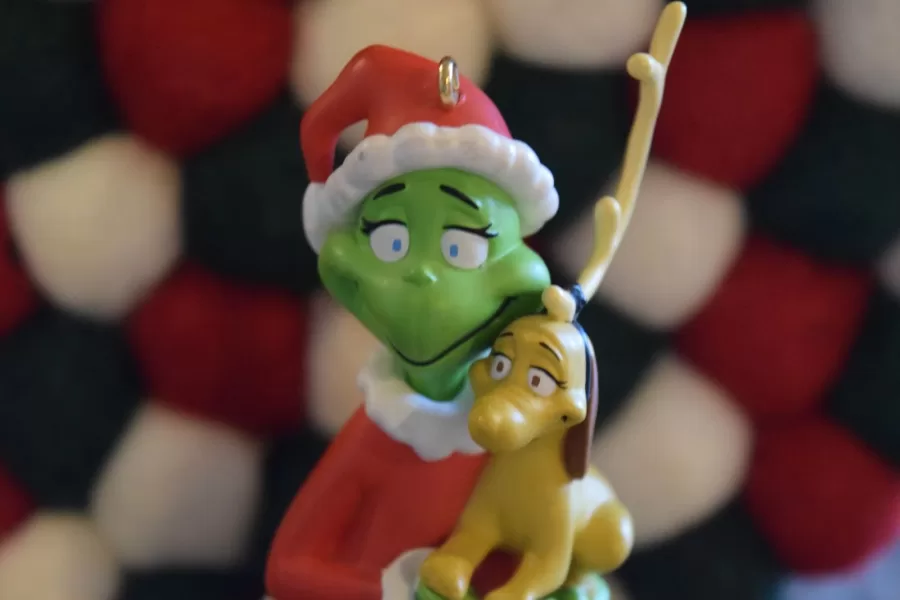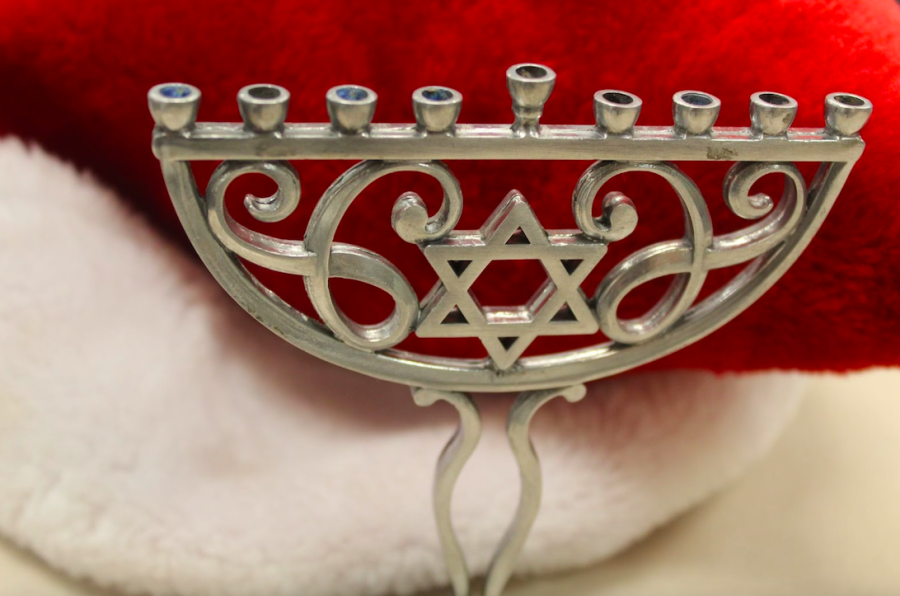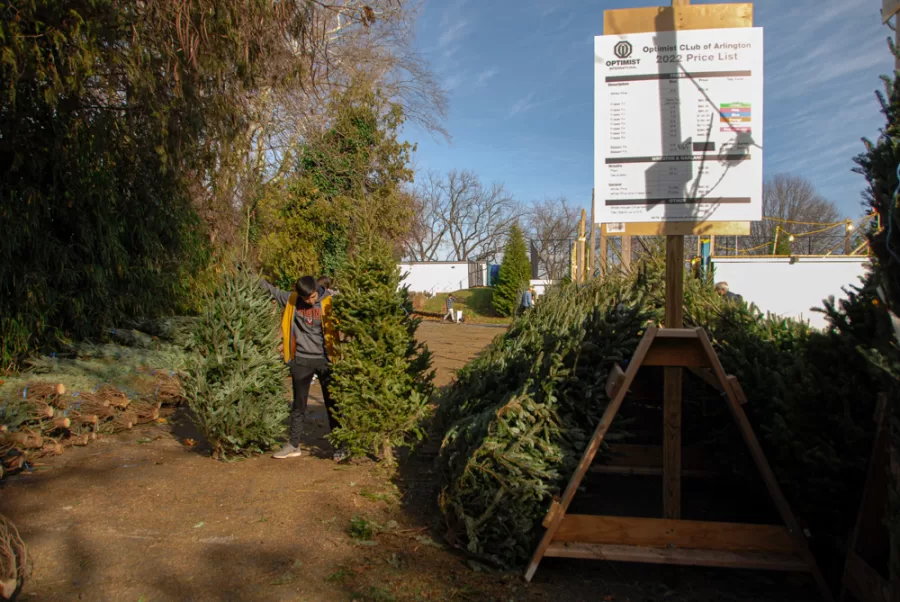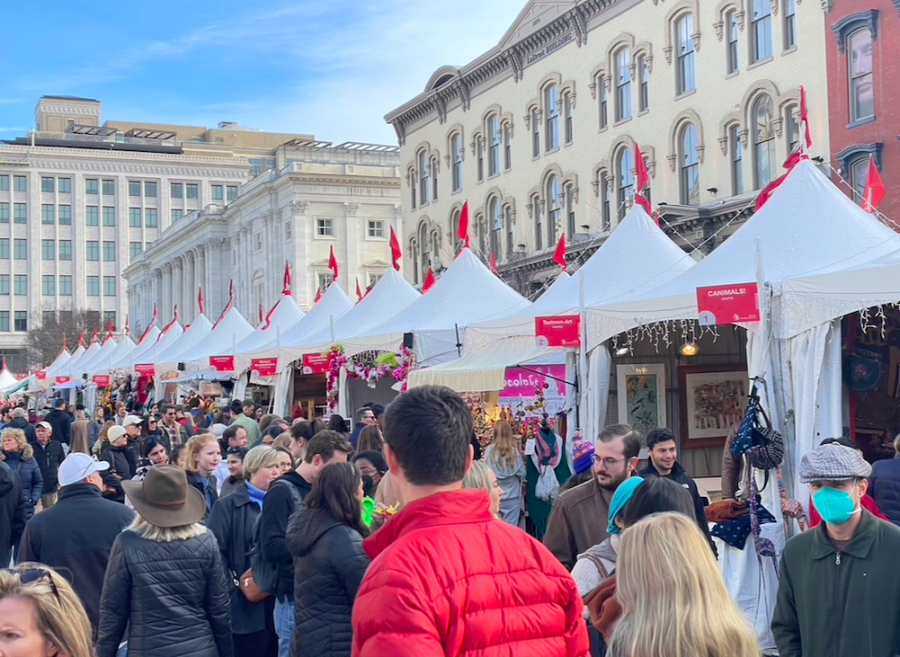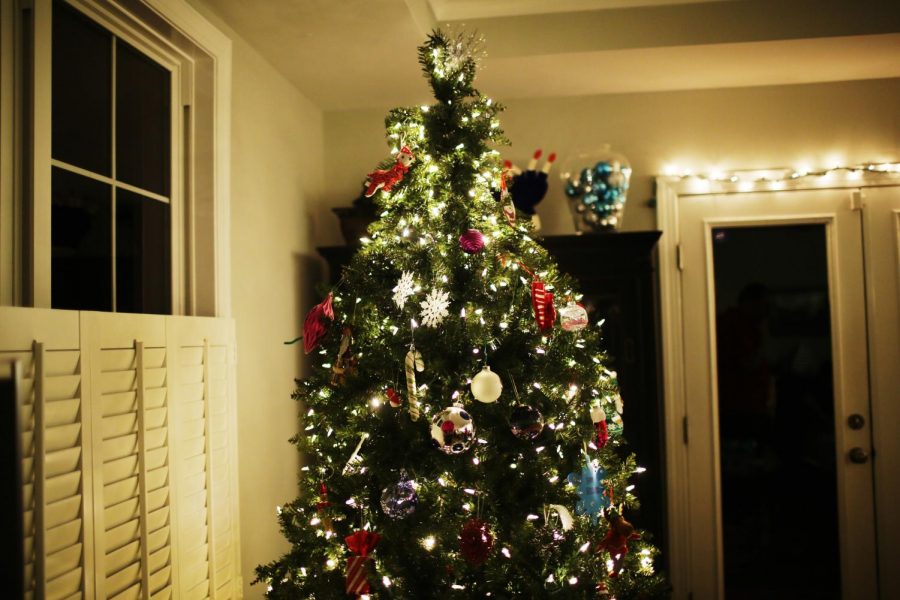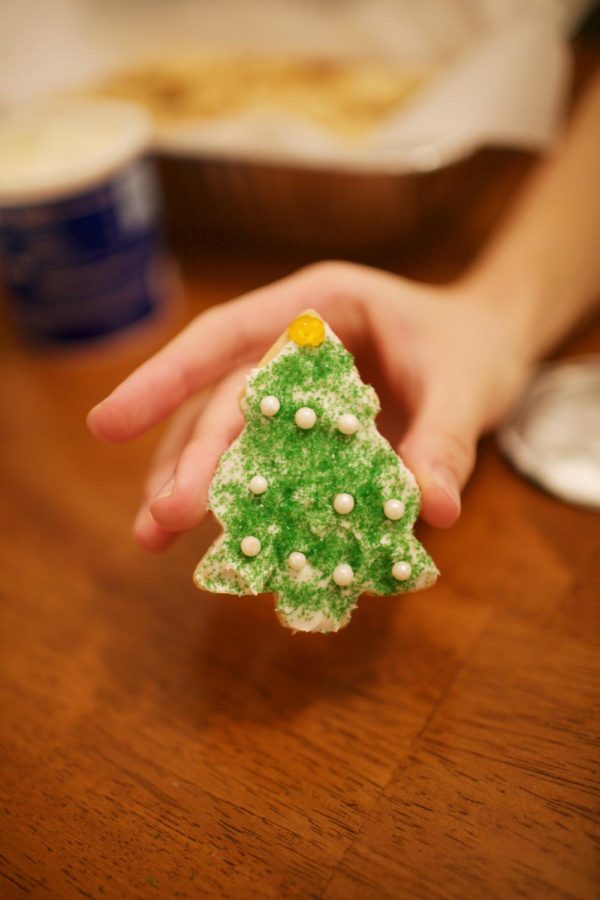On the eve of December 22, families all around the world will light their menorahs and begin the age-old celebration of Hannukah. The word Hannukah means “dedication” and the celebration stems from the second century. The Land of Israel came under the control of Antiochus IV Epiphanes, a malevolent Syrian king who outlawed the practice of Judaism. His hatred burned deep, as he desecrated the Second Holy Temple of Jerusalem by erecting statues of Zeus and slaughtering pigs within its walls, both harshly prohibited under Jewish law.
A stealthy guerrilla group of Jews, led by the legendary Judah Maccabbee, rebelled against the unjust ruler. After two years of fierce attacks, Judah drove out the Syrians and regained control of Jerusalem for the Jews. His first order of business was to cleanse the temple of the sins inside and rebuild its altar by re-lighting the menorah, a seven-branched candle symbolic of Judaism as a whole. Although they only salvaged one night’s worth of oil from the war-torn landscape, the oil lasted eight long nights and burned enough to light the reconstruction of the holy city. This miracle is the basis of the holiday, which lasts eight nights and now uses an eight-branched menorah to represent the longevity of the flame.
The miracle of Hannukah is a great story to tell, but not a crucial piece of any Jewish worship. There is no record of the story in the Torah (the Jewish holy book) and it is not listed as a religious holiday. Rather, it is a celebration of historical events that places no restriction on eating, working or attending school. Unlike most Jewish holidays, American Jews rarely attend synagogue for the holiday, as prayer is not a large part of observing the holiday.
The cultural significance is more profound than anything else. Traditionally, the celebratory candle-lighting is paired with “latkes” (oil-fried potato pancakes). Typical Hannukah foods place an emphasis on oily foods, as the basis of Hannukah is the miracle from oil. Other common foods include fried dough and jelly donuts, often alongside the game of “dreidel”. The spinning top game comes from the time of Epiphanes’ rule in Israel, when children studied Torah under the guise of an innocent spinning top. These days, the game is a fun competition to win “gelts” (chocolate coins) and pay homage to the brave children who were dedicated to Judaism during a dangerous time.
This year, the eight-night holiday spans right through Christmas, which reinforces the stereotype that Hannukah is just ‘Jewish Christmas’. The reality is far different. Although the holidays often coincide, Hannukah is far less important to Judaism than Christmas is to Christianity. The most important Jewish Holidays, Yom Kippur (the Day of Atonement) and Rosh Hashanah (New Year), often fall in early October. For me personally, the often-drawn parallel between Christmas and Hannukah reflects ignorance in the general population. Americanization of the holiday is partially to blame, as gift-giving and modern traditions have drawn from the true spirit of the holiday to make it more like Christmas. Kids no longer feel stripped of the joy of Christmas morning presents, but they are also rarely taught the true background of the holiday. Despite common misconceptions, Hannukah is not the Jewish equivalent to Christmas, which should be kept in mind throughout this holiday season.





































